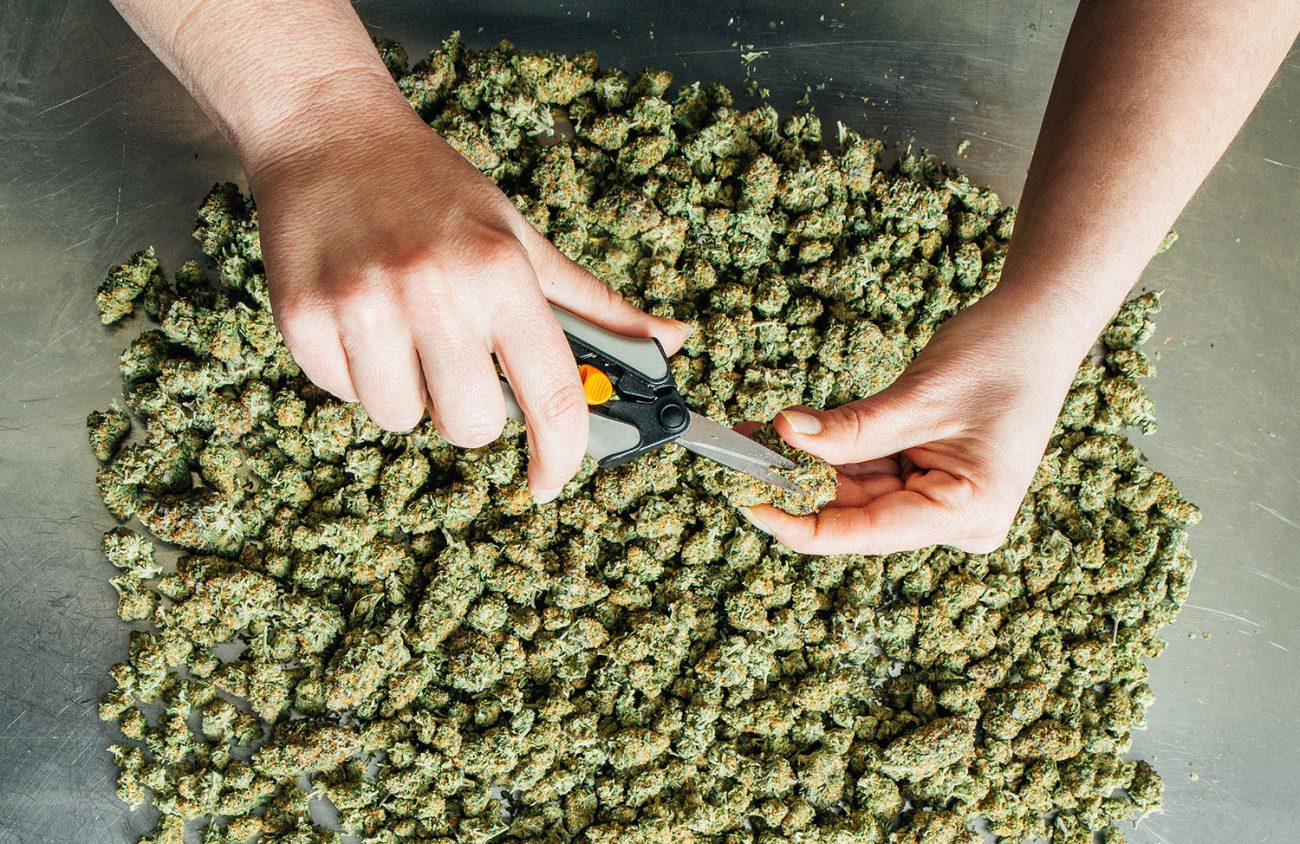Oregon lawmakers are a step closer to passing a bill that would set the groundwork for future agreements with other states to import and export cannabis across state lines. Proponents of the bill say it could open a golden door of opportunities for Oregon-based cannabis distributors looking to export their goods, while reducing the state’s marijuana surplus.
The bill’s proponents say SB 582 would make Oregon the first in the nation to officially lay the groundwork for the legal interstate sale of marijuana.
“This is a next step for Oregon to be a leader in the cannabis industry,” says state Sen. Floyd Prozanski, one of the bill’s chief sponsors, who represents south Lane and north Douglas counties. “We should do everything we can to promote the industry because it will, in fact, provide good family wage jobs in local communities.”
Oregon lawmakers passed SB 582 in the Senate Committee on Judiciary in a 5-2 vote on April 3. Next, Prozanski says, the bill will go to the Senate floor for a vote.
Travis MacKenzie, one of the owners of TJ’s on Willamette Street, a downtown Eugene dispensary, says the bill would ease some of the economic pressures that force Oregon cannabis businesses to lower prices — namely, the overcrowding of the cannabis market.
“We got a lot of producer licenses granted in Oregon, and that’s great in the sense that Oregon has a great climate for growing cannabis,” says MacKenzie, who has been in the cannabis business since 2006. “This is where cannabis should be grown.”
SB 582 would allow the governor to enter into agreements with other states — regardless of proximity — where it is legal to import and export cannabis.
But these agreements would only begin after the federal government indicates that it would tolerate cannabis crossing state borders, which is still a violation of federal law. Prozanski says that this could be legislation or a memo from the U.S. Department of Justice.
State Sen. James Manning, who co-sponsored the bill, has some reservations over employees using marijuana in the workplace, though he ultimately voted yes on the bill.
“I don’t want law enforcement, you know, indulging,” says Manning, a Democrat who represents west and north Eugene. Sens. Cliff Bentz (R-Ontario) and Dennis Linthicum (R-Klamath Falls) voted against the bill during the April 3 meeting.
Oregon has a surplus of marijuana, but some say it’s not an oversupply issue. Adam Smith, the founder and executive director of the Craft Cannabis Alliance, says current state regulations are preventing market growth and, ultimately, more revenue for the state.
“Because if we’re talking about an oversupply problem, the answers we come up with inevitably hurt farmers,” Smith says. “If it’s an oversupply problem, the answers are: ‘How do we have fewer farmers?’ ‘How do we have fewer licenses?’ ‘How do we make them grow less.’ Right?”
The Craft Cannabis Alliance is an Oregon-based network of cannabis-related businesses that promotes ethical, high-quality cannabis.
Smith continues: “All of those are economically bad and also sort of kick the folks that we should be celebrating, which is this world-class industry that we have that produces some of the best cannabis on the planet.”
Rhea Miller, a second-generation marijuana farmer of southern Oregon’s Millerville Farms, says marijuana prices are likely to rise if Oregon begins exporting weed.
“I think many growers were used to making so much profit that they didn’t really even think about bookkeeping,” Miller says. “Now that the margin has decreased so much, I see farmers selling product for less than they grew for, and I don’t think they even know it.”
MacKenzie says that marijuana’s legalization in Oregon in 2014 through a ballot initiative, coupled with the state’s relatively few licensing requirements relative to other states, led people to flock to Oregon to grow marijuana for a living. He says this overcrowded Oregon’s marijuana market, driving down the cost per ounce.
“It’s hard to grow your product a lot cheaper if you’re going to try to grow good cannabis,” MacKenzie says. “But the wholesale price of cannabis has just plummeted to a tenth of what it was.”
